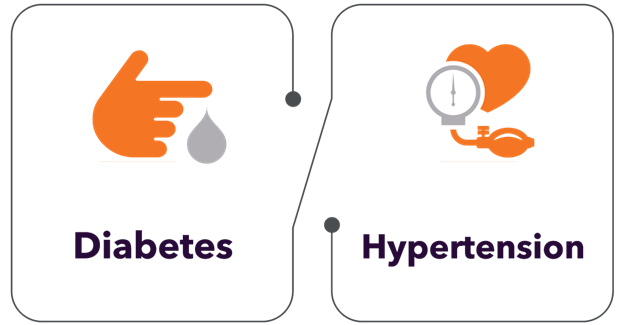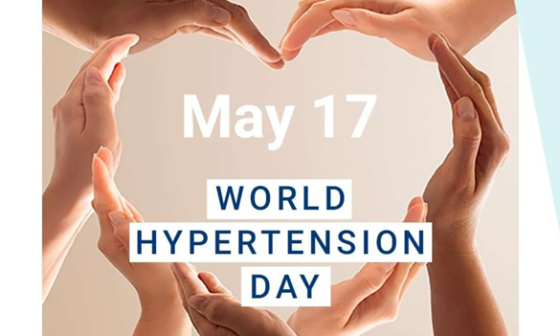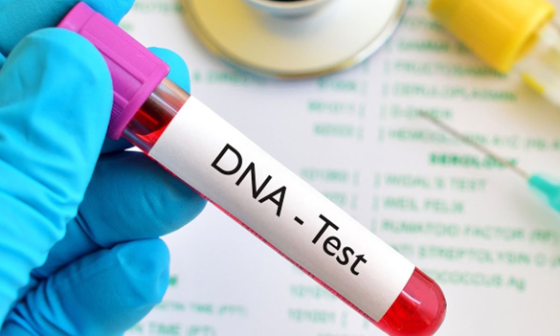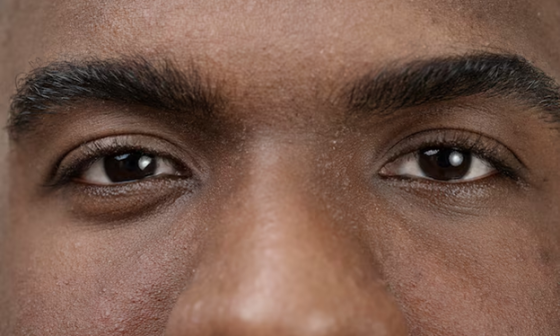If you or your family member is diabetic or hypertensive on medication, you may have been asking yourself “Do the drugs work?”, “How can I tell my drug is effective?”. This article provides the answers to these questions.
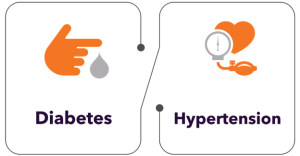
Introduction
Diabetes and high blood pressure (hypertension) are two of the most common chronic illnesses affecting older people living in Nigeria, according to research done on the prevalence of chronic diseases among elderly respondents in Nigeria, over 20% of the old people living in Nigeria had hypertension whereas over 7% had diabetes among other chronic illnesses.
Long-standing diabetes and hypertension must be managed with regular medication, adherence to medication, and monitoring. The medicines are essential as they help regulate blood pressure and blood sugar levels, preventing complications including heart disease, kidney failure, and stroke.
It’s not always simple to determine whether your drugs are doing what they should, though. This article will help you learn how to track your progress and the indicators that show whether your diabetes and hypertension drugs are working.
Indications That Your Hypertension Drug Is Effective
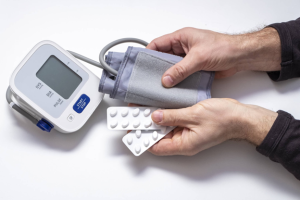
Credit: Adobe Stock
● Your Blood Pressure Reading is Decreasing
Regular blood pressure checks are the easiest way to determine whether your hypertension medication is effective. Your readings should ideally remain within the range your healthcare professional specified. Normal blood pressure for most people is about 120/80 mmHg. However, depending on other health considerations, a normal objective for those controlling hypertension can be below 140/90 mmHg or even lower.
After beginning your anti-hypertensive medication, it is a positive indication that the treatment is working if you observe that your readings are steadily falling or staying within your desired range.
You can only measure your blood pressure readings using a blood pressure monitor, and track your blood pressure readings with a home blood pressure monitor at the same time every day, ideally in the morning and evening. To identify trends, record your readings in a log and discuss them with your doctor at every appointment.
● You Have Fewer Hypertension Symptoms
A decrease or cessation of symptoms like headaches, chest pain, lightheadedness, or blurred vision after beginning medication may be a sign that your blood pressure is getting better. Some persons may not exhibit symptoms, while others may not.
● Better Kidney and Heart Function
Over time, hypertension can have an impact on the kidneys and heart. Blood tests and kidney function tests, among other routine examinations, might show whether your medicine is easing the burden on these organs.
Indications That Your Diabetes Drug Is Effective
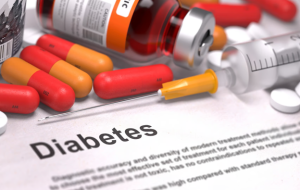
Credit: Deposit Photos
● You have Blood Sugar Levels Within the Normal Range
Monitoring your blood glucose levels is one of the best ways to determine whether your diabetic treatments are having the desired effect. A normal fasting blood sugar level for many diabetics is 80–130 mg/dL (4.4- 7.2 mmol/L), and a post-meal measurement should be less than 180 mg/dL (10 mmol/L). It’s a positive indication that your drugs are working if your results often fall within your desired range.
Throughout the day, check your blood sugar levels using a glucometer before meals, two hours after meals, and before bed. To identify trends and talk about them with your healthcare professional, keep a record of your blood sugar levels.
● Reduced Symptoms of Diabetes
An improvement or elimination of diabetes-related symptoms, such as increased thirst, blurred vision, exhaustion, or frequent urination, may be a sign that your blood sugar levels are stabilizing if you were experiencing them before beginning medication.
● Weight Loss or Healthy Weight Maintenance
Controlling blood sugar levels in individuals with type 2 diabetes is mostly dependent on their weight. Certain diabetic drugs aid in weight loss, which can reduce blood sugar and increase insulin sensitivity.
To keep an eye on your weight, keep a regular weight log. It may be an indication that your medication is working if your weight stabilizes or drops while you’re taking it. To be sure it fits with your treatment objectives, talk to your managing physician about any weight fluctuations.
Tips for Tracking the Effectiveness of Medication
- Know your medications: Educate yourself about your prescribed medication, know your doses, and keep track of changes that are made by your physician/health care provider.
- Keep a record of your medications: Maintaining a medication journal can assist you in monitoring your drug regimen, blood pressure or blood glucose levels, symptoms, and adverse effects, regardless of whether you are managing diabetes, hypertension, or both conditions. This facilitates monitoring the effectiveness of your drugs over time.
- Adhere to a frequent monitoring plan: A blood pressure or blood sugar monitoring schedule will probably be suggested by your healthcare professional. By following this plan, you may make sure that any changes or variations in your condition are detected early. Contacting your healthcare practitioner is crucial if you observe any unusual changes.
- Communicate regularly with your healthcare providers: Assessing the effectiveness of your drugs requires routine check-ins with your healthcare professional.
- Keep an eye out for side and adverse effects: Although drugs for diabetes and hypertension might help you control your diseases, they can also have negative side effects. Get in touch with your healthcare practitioner if you encounter any odd symptoms, such as nausea, edema, dizziness, or other adverse effects.
Conclusion
We encourage you to actively manage your health and keep up with the status of your treatments. Regular blood pressure and blood sugar checks, symptom tracking, and close collaboration with your healthcare practitioner remain a necessity in determining whether your diabetes and hypertension drugs are effective.
Our affordable and accessible healthcare plans also have you covered for diabetes and hypertension consultations, checks, drugs, and nutrition. To learn more about these affordable plans, contact Wellahealth today!
Article written by Dr. Ifeoma M. Uduh (BDS)
Edited by Dr. John Afam-Osemene (MBBS, DA)
